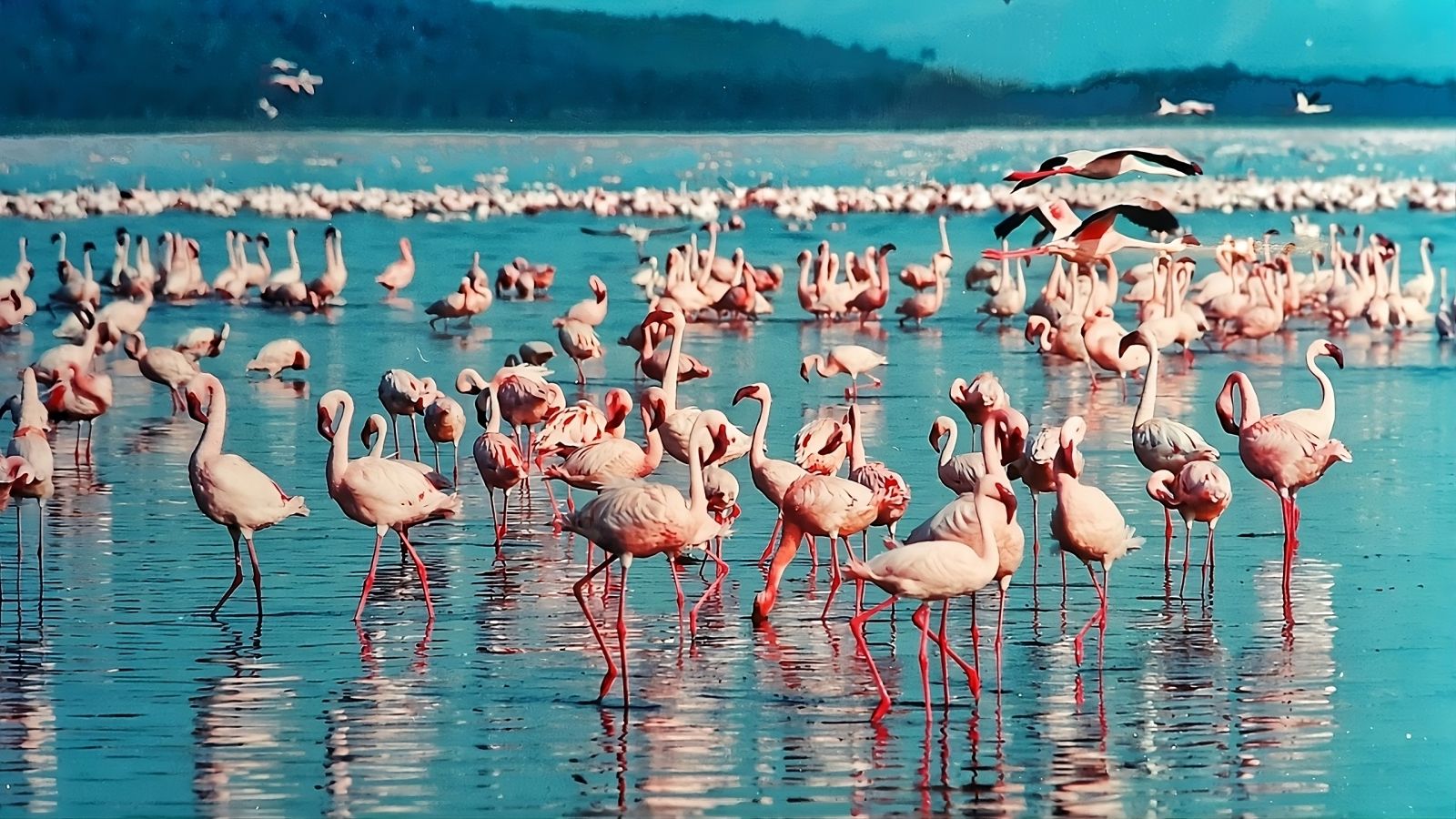In a few years, the Camargue will be submerged under water
Published by Cédric,
Article author: Cédric DEPOND
Source: Conservation Biology
Other Languages: FR, DE, ES, PT
Article author: Cédric DEPOND
Source: Conservation Biology
Other Languages: FR, DE, ES, PT
Follow us on Google News (click on ☆)

Illustrative image Pixabay
Conservation Biology recently published a study coordinated by the National Museum of Natural History, CNRS, Sorbonne University, and the Tour du Valat research institute. Scientists revealed that Mediterranean wetlands have already lost 70% of their biodiversity since 1900. Urbanization and climate change are exacerbating this situation. Researchers studied 938 coastal wetlands frequented by birds in eight Mediterranean countries. According to their scenarios, by 2100, a third of these areas, over 320, could be submerged, even in the most optimistic IPCC climate scenarios.
The consequences of seven climate scenarios were analyzed. The Mediterranean Sea level could rise between 1.44 and 5.28 feet (44 and 161 centimeters) by 2100. About 34% of Mediterranean sites, especially those frequented by migratory birds, are thus threatened. Internationally important wetlands for waterbirds, such as those in the Camargue, could face submersion equivalent to four times the area of Paris. The iconic Greater Flamingo (Phoenicopterus roseus), symbol of the Camargue, would be particularly affected by this habitat loss.
Researchers emphasize the urgency of the situation and the need to reduce greenhouse gas emissions to slow this process. They also advocate nature-based solutions, such as restoring coastal wetlands degraded by urbanization. These natural techniques, using vegetation to stabilize soils and absorb excess water, could mitigate the impacts of sea-level rise.
Experts estimate that without quick intervention, marine submersions will cause irreversible biodiversity losses, severely affecting local ecosystems. It is crucial to implement adaptation measures such as building dikes and expanding protected areas to preserve these vital habitats for migratory birds and other species.